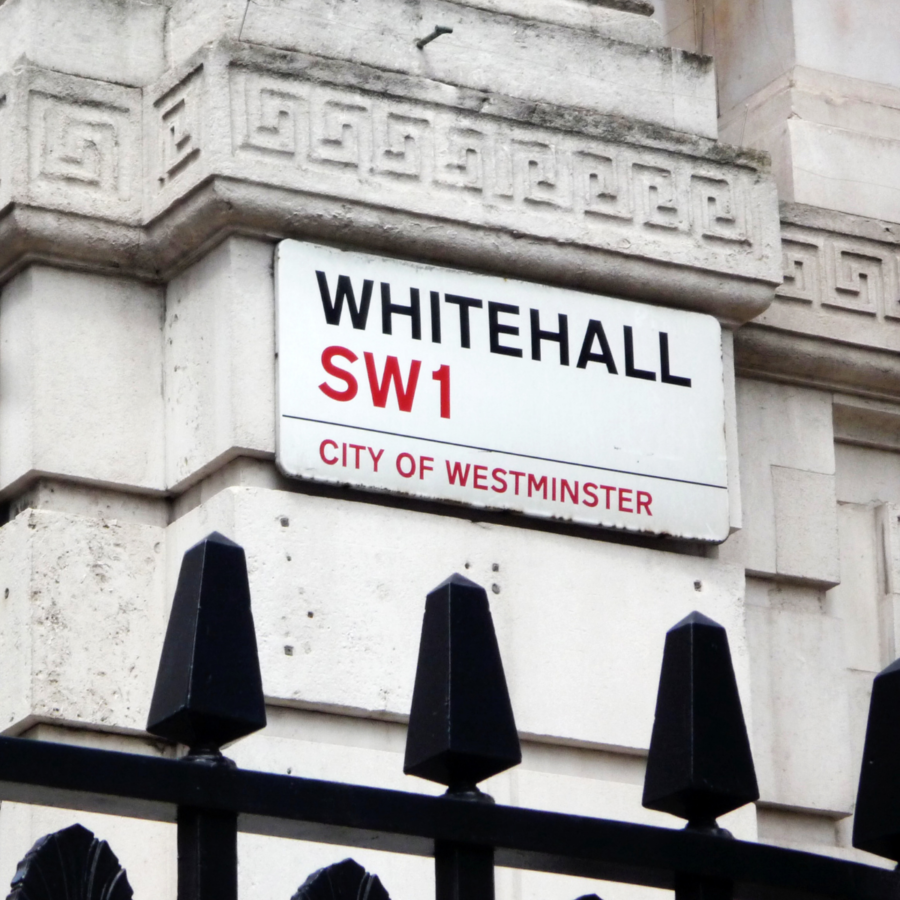How can the Chancellor Mitigate the Impact of Various Shocks in Wednesday’s Spring Statement?
On Wednesday 23 March the Chancellor will present the Spring Statement on the budget. Against the backdrop of the war in Ukraine and rising prices, this will be an important moment to take stock of the state of the public finances and the available policy choice to improve people’s lives.

In the latest of our Monday Interviews, our two Deputy Directors, Stephen Millard (Macroeconomic Modelling and Forecasting) and Adrian Pabst (Public Policy), consider what the main tasks are for the Chancellor and how policy can mitigate the impact of the various shocks.
What are the main challenges you see facing Rishi Sunak on Weds?
SM: The rise in inflation means that the existing nominal spending plans equate to less spending in real terms and an even bigger squeeze on the incomes of public-sector workers. Given the current conflict in the Ukraine, there will be pressure to increase spending on defence as well as on foreign aid. Indeed, NIESR analysis suggests that increasing spending on foreign aid can lead to benefits for the UK economy in addition to the potentially large improvements in the quality of life for those living in the recipient countries.
But, at the same time, given currently planned rises in taxation – including increases in corporation tax, the freezing of personal allowances and the introduction of the ‘Health and Social Care’ levy – overall tax revenue is on course to rise to 36.2% of GDP in 2026-27: the highest it has been since the 1950s! So, the question is how to raise spending without raising taxes?
AP: The cost-of-living pressures have significant distributional consequences, especially for the poorest households. Our research has shown that without further targeted assistance, as many as 2 million people face destitution – extreme poverty where they cannot afford basic necessities such as food, shelter or heating.
Destitute households are heavily concentrated in some of the most economically and socially deprived areas of the country, including parts of Wales, the North-West, Scotland and pockets in London/South-East. Given sluggish growth and in the absence of policy intervention, regional disparities will widen, which raises questions about HM Treasury’s commitment to the ‘Levelling Up’ agenda.
How would you overcome/mitigate some of the challenges facing households given the current cost-of-living crisis?
AP: We have argued for the past year that the Universal Credit uplift worth £20 per week should not have been scrapped and instead be reinstated. Other measures to help households in the bottom income decile include injecting £3bn into the Winter Grant scheme administered by local government to offset higher energy and food prices. The proposed rise in National Insurance Contributions should be postponed and the Chancellor should also look at the thresholds for income tax.
SM: I agree with everything Adrian has said on this. The key thing for the poorest households is to reinstate – if not increase – the Universal Credit uplift. NIESR analysis of the ‘Health and Social Care’ levy also suggests that this adds needless complexity to the tax system, encourages self-employment rather than employment, and hits hardest the labour-intensive sectors that suffered most from Covid. Further, it is likely that the levy will add to inflation, making worse the squeeze on real household incomes.
Given the reported rise in Treasury revenue over the past six months, what else would you look to invest in?
SM: As I said earlier, I think the Chancellor will need to use some, or possibly all, of the increase in revenue simply to bring real spending back up to where it had been planned to be back in October. Beyond that – again as I mentioned earlier – defence and foreign aid are two areas where the Chancellor may wish to increase real spending. And, as I’m sure Adrian will discuss more, I feel that to achieve the government’s ‘Levelling Up’ agenda, the Chancellor needs to invest more in local and regional initiatives.
AP: We welcome the ambition of the Levelling Up Agenda but as Stephen has indicated there is not enough funding or institutional capacity to turn the ideas into reality. To reduce regional disparities, the Chancellor should invest in the local and regional skills base by boosting funds for mixed FE/HE colleagues in struggling towns such as Grimsby, Southend or Blackpool. A £500 million injection per year over the next 3 years is needed to retrain and upskill people in the places that the government wants to ‘level up’.
Besides the already promised investment in better bus services, conurbations such as Leeds need to see a commitment to building a tram system, but also higher investment in regional train connections. Above all the Spring Statement is an opportunity to set out a longer-term investment strategy to fill the persistent gaps in capital markets and skills that are holding back sustained regional regeneration.

















